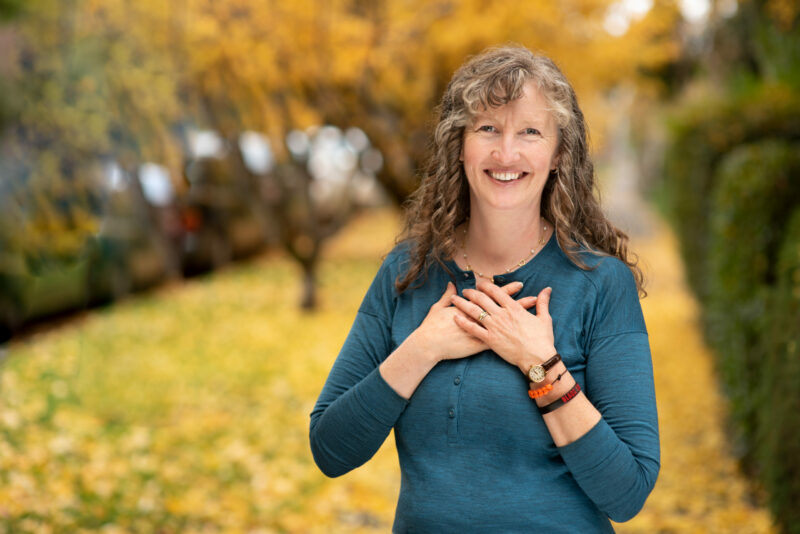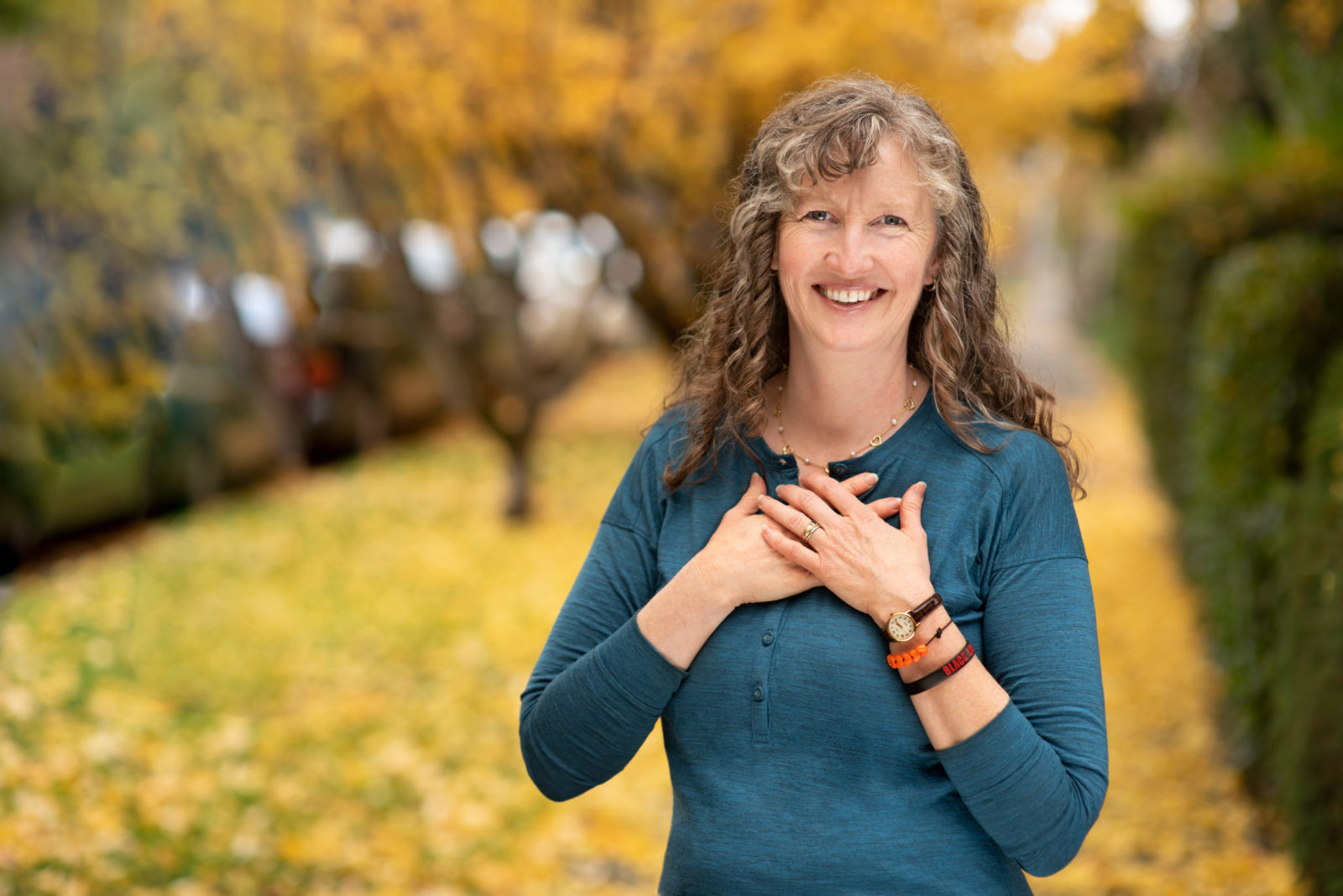
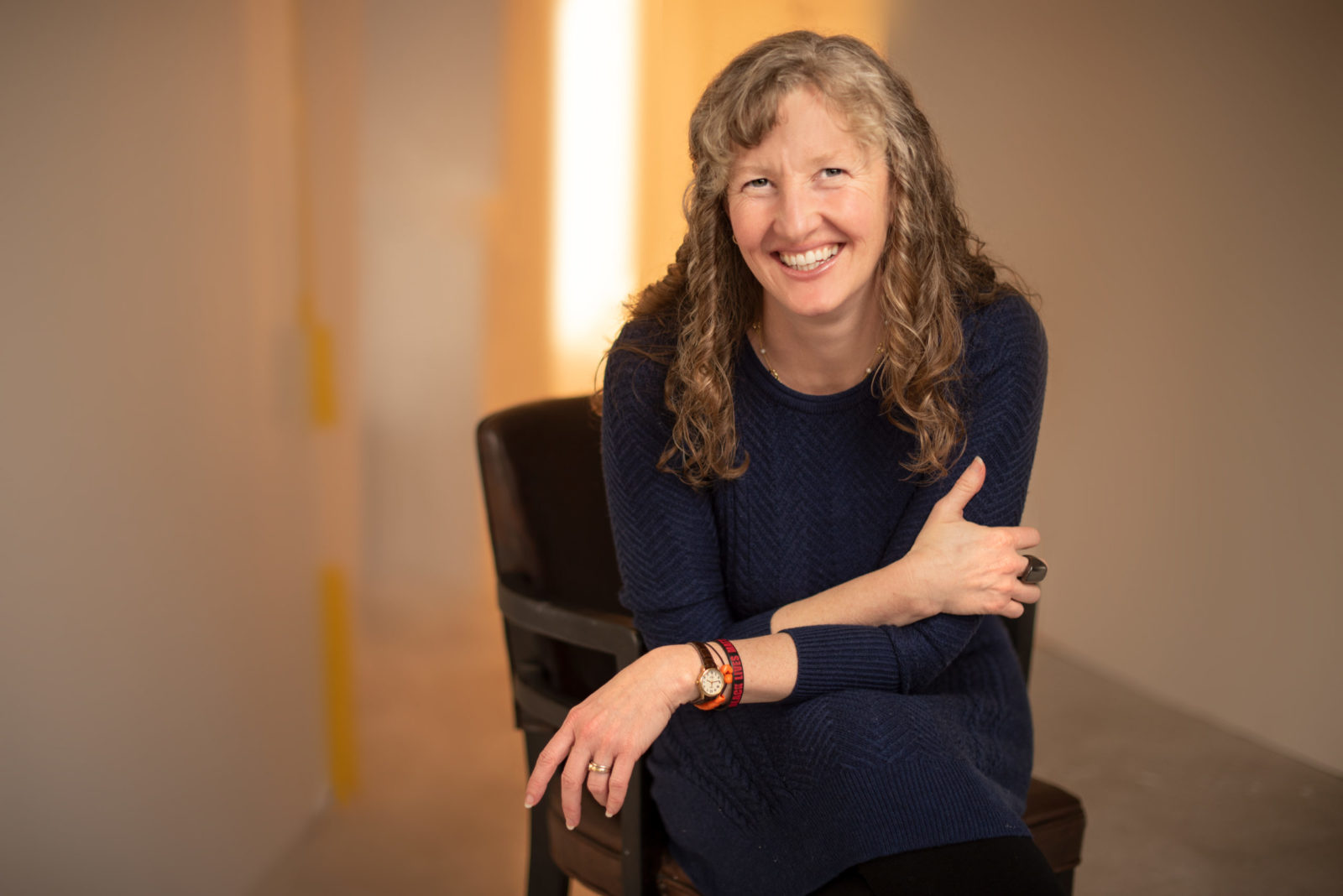
But, is it supposed to be this hard?
You’ve revisited your adoption agency’s pages for resources, checked the latest FB feeds of all the “happy and blessed” adoptive parents, and scrolled through hundreds of picture-perfect adoption pinterest boards. You keep asking yourself, if everyone finds this instant family thing so easy, why are you and your kid struggling?
You love your kid. Ferociously. You’d do anything for them. And you never imagined being their parent would be this challenging.
You give all you’ve got to provide the love and nurturing your child needs. You did all of the pre-placement trainings (or at least the ones that didn’t threaten to turn your brain to mush) and maybe even read a full stack of parenting books before you even held your child in your arms. And for the first few years, everything seemed to go so smoothly.
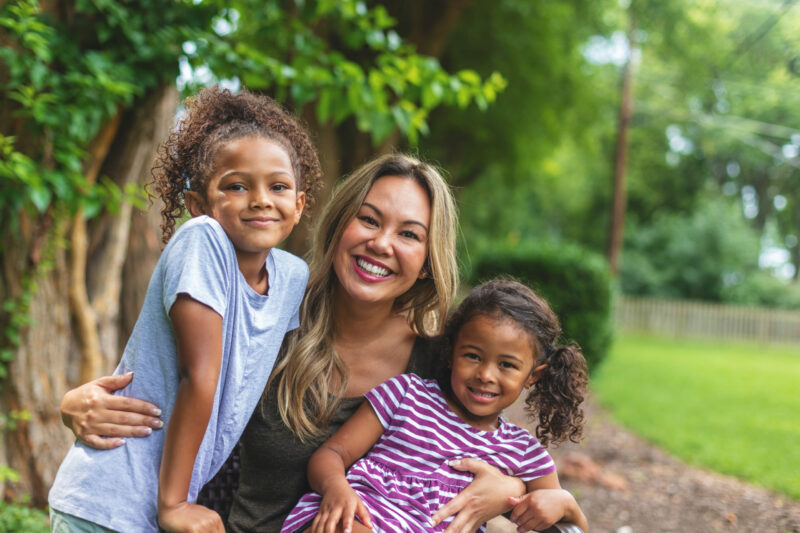
You have an enormous heart backed up by tons of diligence and the dedication to help your kid have a great life. You’re up for doing hard things. The only problem: nothing seems to work — or work for very long.
You wish you could laugh and play with your kids more than once in a blue moon. You wish getting through the day-to-day was easier so you didn’t feel like you were walking on eggshells every moment. You wish that, at the end of every day, you could fall asleep peacefully, knowing you did your best for them that day.
You are their best bet for health and success in life — and with a little guidance, you’ll find that you already have the answers for how best to support them.
I’m right there with you. I get how hard it is.
When I first decided to become a mom I was determined to parent differently than I had been parented, though I had no idea what that meant or how it looked — so I studied every parenting book I could get my hands on. I was determined to figure out how to be the mom I want to be and the parent my kids need.
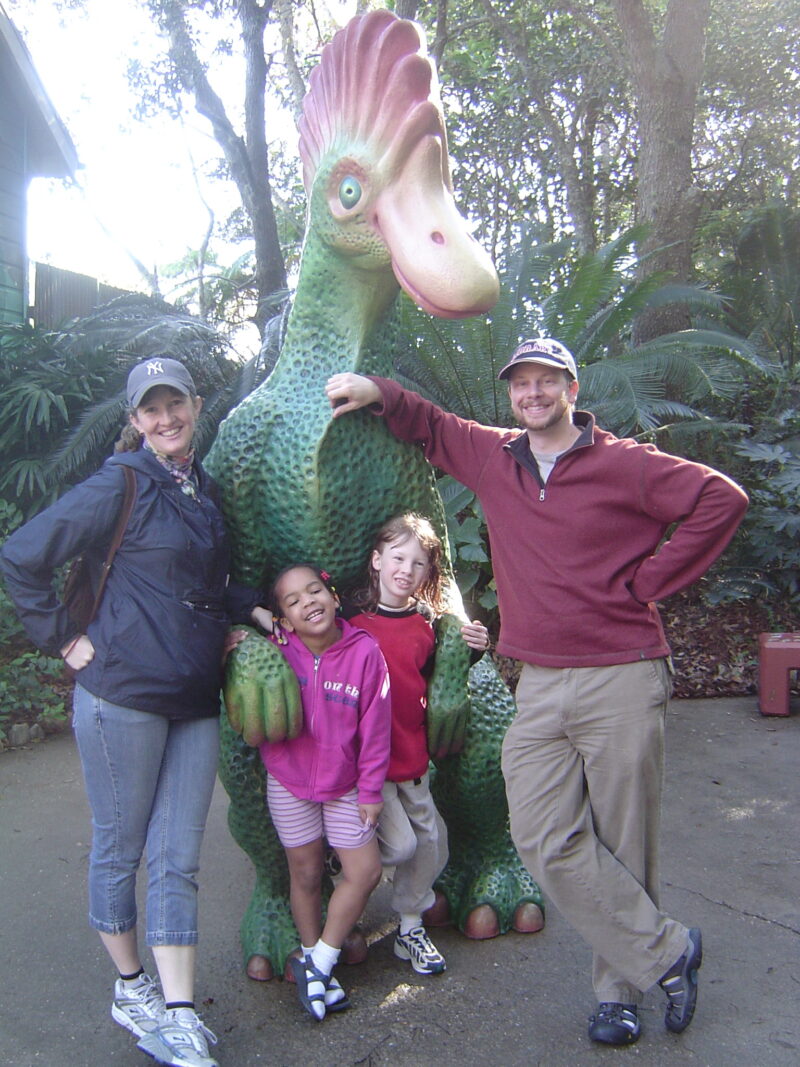
A few years later when our second child joined our family through adoption, I was feeling pretty good about the whole parenting gig… until I was completely blindsided by the heartbreaks, the complexities, and the additional (and often invisible) needs that come with adoption. All of those hours spent next to other nervous prospective parents watching optimistic video trainings followed by densely worded PowerPoint slides could not have prepared me for this.
I had no idea one small toddler could yell so loudly for so long and how hard that would be for my brain and my heart. And I had NO clue why it was happening day after day or what to do about it.
I sat breathlessly through a 2 hour training on the needs of transracial adoptees that left us believing that since we had a good number of black and brown friends, any child that joined our family was all set to develop a healthy racial identity and we had nothing to worry about. Turns out (surprise!!!) that’s not enough.
When I turned to them for help, the agency essentially told us to just love her, and she’d be fine.
Among my discoveries, I found that:
No-one knows your kids’ needs, struggles, strengths better than you do.
The standard parenting advice that mostly works for born-to-the-family kids doesn’t usually work for adopted-into-our-family kids — and can even make things worse.
As adoptive parents, we need to have a special eye for our kids’ vulnerabilities, losses, needs as well as transitions and anniversaries that may be extra challenging for them.I also learned that none of this adoption stuff is a mystery. There is research, information, time-tested wisdom, and advice available for us. Things that show us how to see and meet our kids where they are at, to help them grow the internal resources and skills they need, and to deal with the grief and loss. All so our kids can become healthy, independent, functional, happy adults living fulfilling lives.
My work now is to pass this along to you. I’m here to support you while you figure out the (easily do-able!) changes you can make to transform the relationship between you and your adopted kid.
There is a way through. It doesn’t have to be this hard. While I can’t promise you’ll feel 24/7 “happy and blessed” — because that’s not real-life parenting — I can tell you that there is a future where you and your adoptive kid can get along. You’ll know what to do and how to react in the way that is most productive for your relationship. And you don’t have to do this alone.
Yes, you’ve chosen a hard path. But it doesn’t have to be all hard, all of the time. There is a route to feeling confident that you’ve set your child on the path to a healthy, independent adulthood, in a household that feels harmonious. And I’d love to help you get there.
Get free weekly coaching by joining my mailing list here, read the blog here, or if you think you’d like to get some one-on-one help, you can book a free (no strings) 30 minute consult here.
